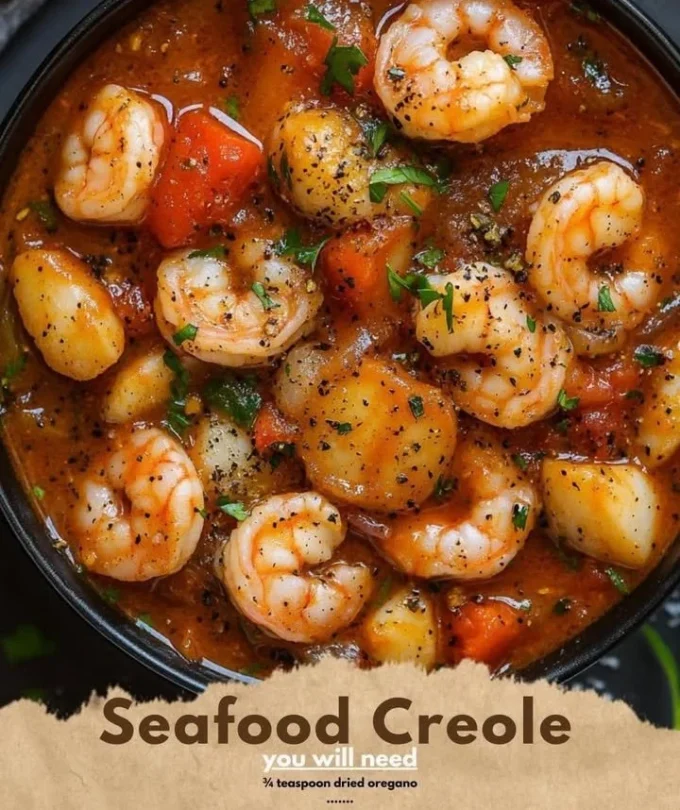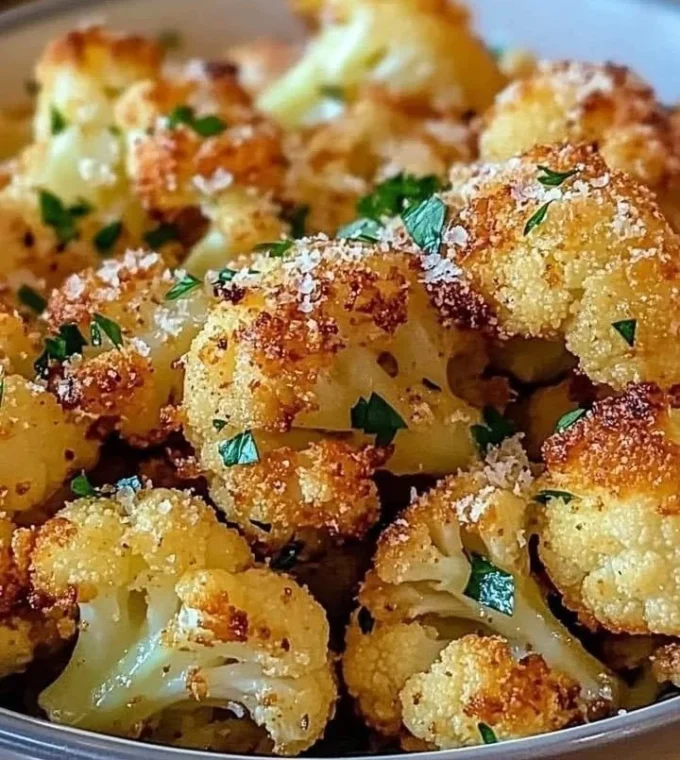# Homemade Cowboy Spaghetti: The Real Traditional Recipe
Cowboy spaghetti is a hearty and satisfying dish that evokes the rustic charm of frontier cooking. This beloved recipe offers a unique combination of flavors and textures, making it a staple in the American West. In this article, we will explore the traditional elements of cowboy spaghetti, the significance of its key ingredients, preparation methods, and ways to adapt the dish to suit your culinary preferences.
## Why is Ground Beef Used in Homemade Cowboy Spaghetti?
### The Benefits and Culinary History of Ground Beef
Ground beef is a primary ingredient in cowboy spaghetti, bringing richness and protein to the dish. Historically, ground beef became a staple in American cooking due to its affordability and versatility. It adapts well to various recipes, making it especially popular among those with limited resources during the Great Depression and World War II. Additionally, beef offers essential nutrients, including iron, zinc, and B vitamins, which are crucial for a balanced diet.
### Possible Alternatives to Replace Ground Beef
For those looking to omit or replace ground beef, various alternatives can be considered. Turkey or chicken can serve as leaner substitutes, providing similar texture with fewer calories. For a vegetarian option, lentils or black beans offer protein-rich alternatives that harmonize well with traditional flavors. Additionally, crumbled tempeh or mushrooms can provide umami notes, enhancing the dish's overall appeal.
## Ingredients in Homemade Cowboy Spaghetti
### Basic Products
To create a traditional cowboy spaghetti dish, you will need the following basic ingredients:
* **1 pound of ground beef**
* **12 ounces of spaghetti**
* **1 can (14.5 ounces) of diced tomatoes**
* **1 medium onion, diced**
* **2 cloves of garlic, minced**
* **1 bell pepper, diced**
* **2 cups of beef broth**
* **1 tablespoon of olive oil**
### Essential Seasonings or Add-ins
The flavor profile of cowboy spaghetti can be enhanced with the following seasonings and add-ins:
* **1 tablespoon of Italian seasoning**
* **1 teaspoon of salt**
* **1/2 teaspoon of black pepper**
* **1 teaspoon of red pepper flakes (for spice)**
* **Fresh parsley or basil (for garnish)**
## Preparation of Homemade Cowboy Spaghetti
### Step 1 – Preparing the Ingredients
Begin by prepping the ingredients: dice the onion and bell pepper, mince the garlic, and measure out the broth and spices. This organization will streamline the cooking process.
### Step 2 – Pre-Cooking or Special Preparation
In a large skillet, heat the olive oil over medium heat. Add the ground beef and cook until browned. This step is crucial to develop the meat's flavor. Once the beef is nearly cooked, drain the excess fat before adding the onion, garlic, and bell pepper. Sauté the mixture until the vegetables soften, which usually takes about 5 minutes.
### Step 3 – Mixing and Assembling
After the vegetables have softened, stir in the diced tomatoes, beef broth, and seasonings. Bring the mixture to a gentle simmer, allowing the flavors to meld for approximately 10 minutes. Meanwhile, cook the spaghetti according to package instructions until al dente. Drain the pasta and add it directly to the skillet, mixing it thoroughly with the sauce to ensure even distribution.
### Step 4 – Cooking and Finishing
Let the cowboy spaghetti cook together for an additional five minutes on low heat, allowing the pasta to absorb some of the sauce. Serve hot, garnished with freshly chopped parsley or basil, if desired.
## Variations and Adaptations of Cowboy Spaghetti
### Regional or Traditional Version
The traditional cowboy spaghetti recipe often varies by region. In some areas, people add cheese for a creamier texture, while others might include corn or green beans to introduce new flavors. Each variation reflects local tastes and ingredient availability, enhancing the dish's charm.
### Modern or Revisited Version
In modern culinary practices, cowboy spaghetti can be revisited by incorporating whole grain or gluten-free spaghetti options. Additionally, healthier versions may substitute lean ground turkey or quinoa for ground beef, allowing health-conscious eaters to enjoy this comfort food without compromising their dietary goals.
### Adaptations to Suit Your Tastes
Cowboy spaghetti's adaptable nature makes it easy to modify based on individual preferences. For vegetarians, swapping out beef for lentils or mushrooms offers a similarly satisfying dish. For those who enjoy a bit of heat, adding jalapeños or a dash of hot sauce can elevate the flavor profile. Additionally, consider experimenting with different herbs and spices to create a unique spin on this classic recipe.
## Frequently Asked Questions about Homemade Cowboy Spaghetti (FAQ)
### Q1: Can I make cowboy spaghetti ahead of time?
Yes, cowboy spaghetti can be prepared ahead of time and stored in the refrigerator for up to three days. Reheat thoroughly before serving.
### Q2: Is cowboy spaghetti freezer-friendly?
Absolutely! Cowboy spaghetti can be frozen for later consumption. Store it in an airtight container for up to three months. To reheat, thaw in the refrigerator overnight and warm it on the stove.
### Q3: Can I use other types of pasta besides spaghetti?
Yes, while traditional recipes call for spaghetti, you can substitute any type of pasta you prefer, such as penne, fusilli, or gluten-free alternatives.
### Q4: How can I make cowboy spaghetti spicier?
To add heat, incorporate red pepper flakes, diced jalapeños, or a spicy marinara sauce. Adjust the spice levels to fit your taste preferences.
### Q5: Is it possible to make a vegan version of cowboy spaghetti?
Certainly! Substitute ground beef with lentils or soy crumbles and use vegetable broth instead of beef broth to create a delicious vegan alternative.
Homemade cowboy spaghetti brings together the simplicity of traditional dishes with modern adaptations that cater to a variety of diets. By utilizing wholesome ingredients and allowing for creative variations, you can create a meal that tantalizes the taste buds and nourishes the soul.

Share
Explore more
Related Articles
Lunch & Dinner  Luca Chef3 Mins read
Luca Chef3 Mins read
Seafood Creole
Seafood Creole: The Real Traditional Recipe [Distinctive Element] Seafood Creole is an...
Lunch & Dinner  Luca Chef3 Mins read
Luca Chef3 Mins read
Crockpot Creamy Potato & Hamburger Soup
Crockpot Creamy Potato & Hamburger Soup: The Real Traditional Recipe Crockpot Creamy...
Lunch & Dinner  Luca Chef3 Mins read
Luca Chef3 Mins read
Crispy Parmesan Roasted Cauliflower
Crispy Parmesan Roasted Cauliflower: The Real Traditional Recipe Crispy Parmesan roasted cauliflower...
Lunch & Dinner  Luca Chef3 Mins read
Luca Chef3 Mins read
Halloween Pizza Skulls
Halloween Pizza Skulls: The Real Traditional Recipe As Halloween approaches, many of...













Leave a comment